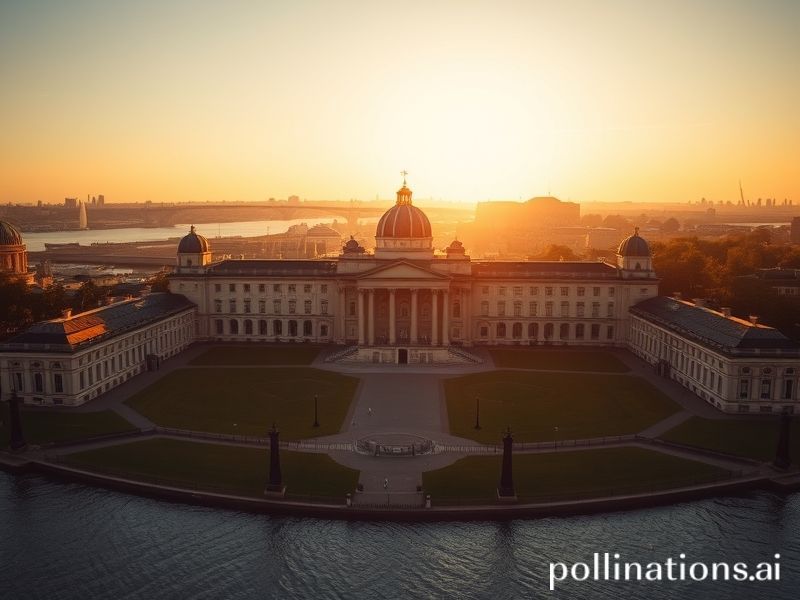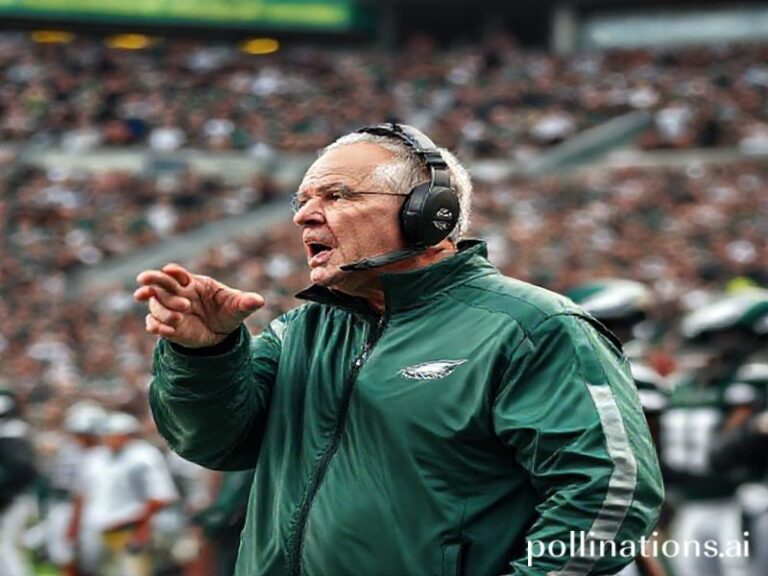Greenwich University: The London Diploma That Sells a Better Future—Until the Visa Clock Runs Out
Greenwich University: The Diplomatic Degree That Travels Better Than Your Expired Passport
by our London Bureau Chief, still jet-lagged since 1997
There are, broadly speaking, two types of British universities: the ones that look like Hogwarts and the ones that look like a provincial airport. The University of Greenwich—sprawled across the meridian that divides East from West, and, more importantly, the weekend from Monday—manages to be both. Its baroque domes and naval colonnades once trained imperial cartographers to draw pink bits on the map; today they train global accountants to colour-code spreadsheets in subtly different shades of despair.
From an international vantage point, Greenwich is less an alma mater than an offshore holding company for aspirations. Roughly 40 % of its 26,000 students arrive clutching visas that expire faster than the campus Wi-Fi password. They come because a London postcode still dazzles immigration officers from Jakarta to Johannesburg, and because British degrees remain the Rolex knock-offs of higher education: shiny, recognisable, and nobody looks too closely at the mechanism.
The curriculum is a diplomatic compromise. Nigerian civil-engineering majors learn Eurocode while dreaming of Lagos traffic; Chinese logistics students practice supply-chain optimisation on the DLR, a railway whose only cargo is human disappointment. Meanwhile, British classmates perfect the ancient art of pretending to understand group-work contributions delivered in six simultaneous accents. Everyone graduates fluent in the only truly global language: strategic vagueness.
Greenwich’s end-of-year job fair resembles a UN summit after three espressos: oil-rig recruiters from Dubai, fintech start-ups from Estonia, and, for comic relief, the Royal Navy offering “leadership experience” on submarines whose GPS still runs on Windows Vista. The university’s placement statistics are robust in the same way North Korean election results are robust—technically true, metaphysically suspect. Still, a degree stamped “Meridian Line Campus” slides neatly across borders like a well-laundered diplomatic cable.
This portability matters because the world has entered its postgraduate phase: entire nations now outsource adulthood. Ghana sends its nurses, Poland its plumbers, Brazil its football accountants. Greenwich functions as a clearing house, converting raw aspiration into the transferable currency of British academic credit. The transaction is not without friction. Last year, the Home Office raised the salary threshold for post-study work visas to £38,700—roughly what a London landlord spends on artisanal cruelty-free lightbulbs—prompting a campus-wide spike in creative CV writing. Career advisers responded with the stoicism of medieval priests: repent, revise, resubmit.
Yet the university persists, buoyed by darker global currents. Climate change is slowly drowning the Thames Barrier, but it is also flooding the market with environmental-science applicants who’ve watched their hometowns turn into aquariums. Cyber-security enrolments spike every time a new ransomware attack paralyses a national health service. Greenwich, like any seasoned arms dealer, simply stocks what the world is desperate to buy.
The irony, of course, is that the original Greenwich Meridian was drawn by astronomers trying to impose order on a chaotic planet. Two centuries later, their ideological descendants sell three-year passes to the same illusion. Students arrive hoping the line will tell them where they are; they leave realising it merely proves they’re late for everything else.
In the gift shop beneath the Old Royal Observatory, you can buy a fridge magnet that chirps, “Stand on the Centre of World Time.” It is made in China, naturally, and powered by a button cell that will die long before your student loan does. Hold it close and you can almost hear the future humming: a small, disposable promise that tomorrow, somewhere, will still believe in yesterday’s maps.







